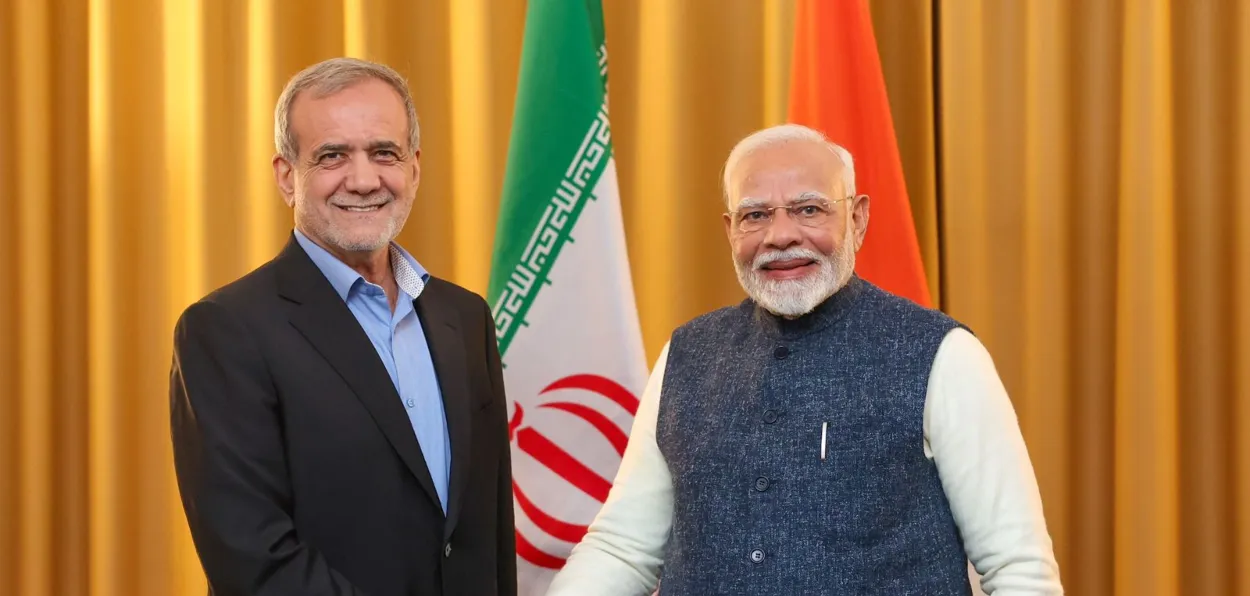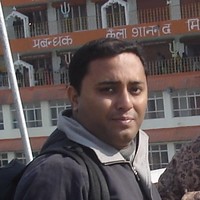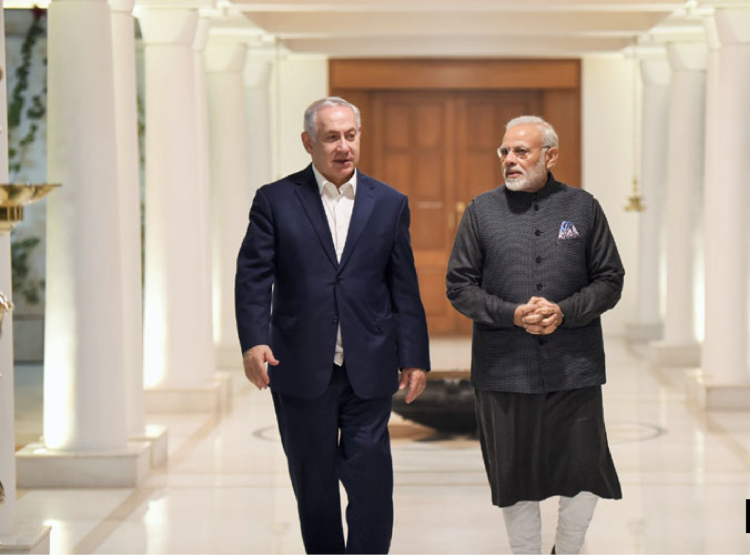
 Kingshuk Chatterjee
Kingshuk Chatterjee
On the night of 13th June, Israel began air strikes into Iran, targeting its nuclear and military installations, with the declared objective of disrupting the country’s pursuit of nuclear weapons – a charge Tehran denies. The next day, Iran retaliated with missile strikes and called off the sixth round of talks on its nuclear programme with the USA at Doha. At the end of the first week, Washington was considering joining the armed conflict to seek a military solution to terminate Iran’s nuclear dream.
If that happens, it could trigger a war that has the potential of turning into a major regional conflagration, from which an exit ramp would not be easily found. It is thus in the interest of regional stability and peace that an intermediary helps find an exit ramp from what is turning out to be quite a vicious conflict.
One such possible intermediary, New Delhi, was in a fix when the conflict broke out. India is among a few countries that have had friendly relations and close ties with both Iran and Israel and would prefer not to take sides. One week into the conflict, New Delhi has shown the wisdom and poise to maintain its neutrality. It has also reached out to both Tel Aviv and Tehran, urging them to veer away from conflict. For a country that enjoys such good relations as India does, this is pitifully little.
India was one of the earliest markets for Iranian oil as the country began exporting crude in 1913. From 1947 till the next three decades, Iran was among the largest sources of Indian oil imports, and the two countries forged good ties despite Tehran being a strategic partner of the USA in Asia during the Cold War.
After a brief hiatus during the Iranian Revolution of 1979 and the Iran-Iraq War, the Islamic Republic of Iran repaired its relations with India and resumed friendly ties. Through the 1990s, as post-Soviet Afghanistan was convulsed by civil war, New Delhi and Tehran stood steadfast with the Northern Alliance of Burhan al-Din Rabbani and Ahmed Shah Masood, against the Islamist militias of Pakistan-backed Gulbuddin Hekmatyar and later the Taliban.
In the last two decades, Tehran has been a crucial piece in India’s policy towards Central Asia and Afghanistan, providing India with a North-South transport corridor into the Caspian region, and developing the port Chabahar as the sea terminal for an overland freight corridor into Afghanistan, bypassing Pakistan.
Indeed, New Delhi has had to go slow on Chabahar and reduce its dependence on Iranian crude steadily from 2010 on account of the international sanctions regime put into place as a result of Iran’s suspected nuclear weapons programme, much to the dismay of Tehran. However, Indian refineries being more suited to the crude from the northern side of the Persian Gulf, the Indian petroleum sector has always remained keen on resuming imports from Iran. India was hoping that the US-Iran nuclear talks would result in a deal and help India resume its, thereby allowing India to stage a return.

Prime Minister Narendra Modi with Israeli Prime Minister Benjamin Netanyahu in New Delhi
India’s bonhomie with Israel began much later with New Delhi’s normalization of diplomatic relations with Tel Aviv in the 1990s, but developed rapidly since, mainly in the realm of technological cooperation and defense. Israel today stands as among India’s principal sources of defense procurement (Like the drones that proved decisive in the Indo-Pak conflict last month), and seeks to become a major strategic partner for India courtesy of the Western Quad or I2U2 (India, Israel, UAE and USA) in the Indian Ocean region.
India’s proximity to both Iran and Israel has had the distinctive feature of New Delhi not remaining beholden to either. Thus, India consistently voiced its disapproval of Iran’s alleged nuclear weapons programme, and even voted against Iran in 2006 and 2009 at the IAEA, but abstained on other occasions (such as in 2022 and also on 11 June 2025 when it found IAEA criticisms against Iran were not warranted. This is largely because India believes that Iran has every right to pursue nuclear power for non-military use.
Similarly, India categorically denounced Hamas’s terrorism as the group attacked civilians in Israel on October 7, 2023. India also expressed its concerns about the condition of the people of Gaza. Both Tehran and Tel Aviv, thus, are aware of the basic point that in India they have a friend who will stand by them and yet voice its disagreement when the occasion arises.
For a country with such a reserve of goodwill, India is seen doing bafflingly little. Or is there more than what meets the eye? As Israel and Iran began trading military strikes, Indian Foreign Minister S. Jaishankar was among the earliest to call for restraint. New Delhi has historically seldom taken sides in conflicts in its neighbourhood, let alone elsewhere.
However, very often in the heat of conflict between two countries, a neutral third helps seek a way out of conflict. On the issue of Iran’s nuclear programme, the recently stalled talks between Iran and the USA were being brokered by Qatar – which actually has a US military base and yet is trusted by Tehran as not being hostile. If India were to act as a peacemaker, there would be a higher chance of finding the exit ramp for both Tehran and Tel Aviv, and giving America a chance to resume the stalled nuclear talks.
Back-channel talks mediated by a third party have historically played pivotal roles in bringing conflicts to an end. The rivalries and territorial disputes of the Middle East are so intense that it doesn't evince the interest of a mediator. India is recognized for having no territorial ambitions and having good relations with all sides.
ALSO READ: Arshel Akhter campaigns to make cycling a way of life for people of Guwahati
The author is a Professor in the Department of History, University of Calcutta, and a distinguished fellow at the Center of Middle East and Global Order, Berlin, Germany
